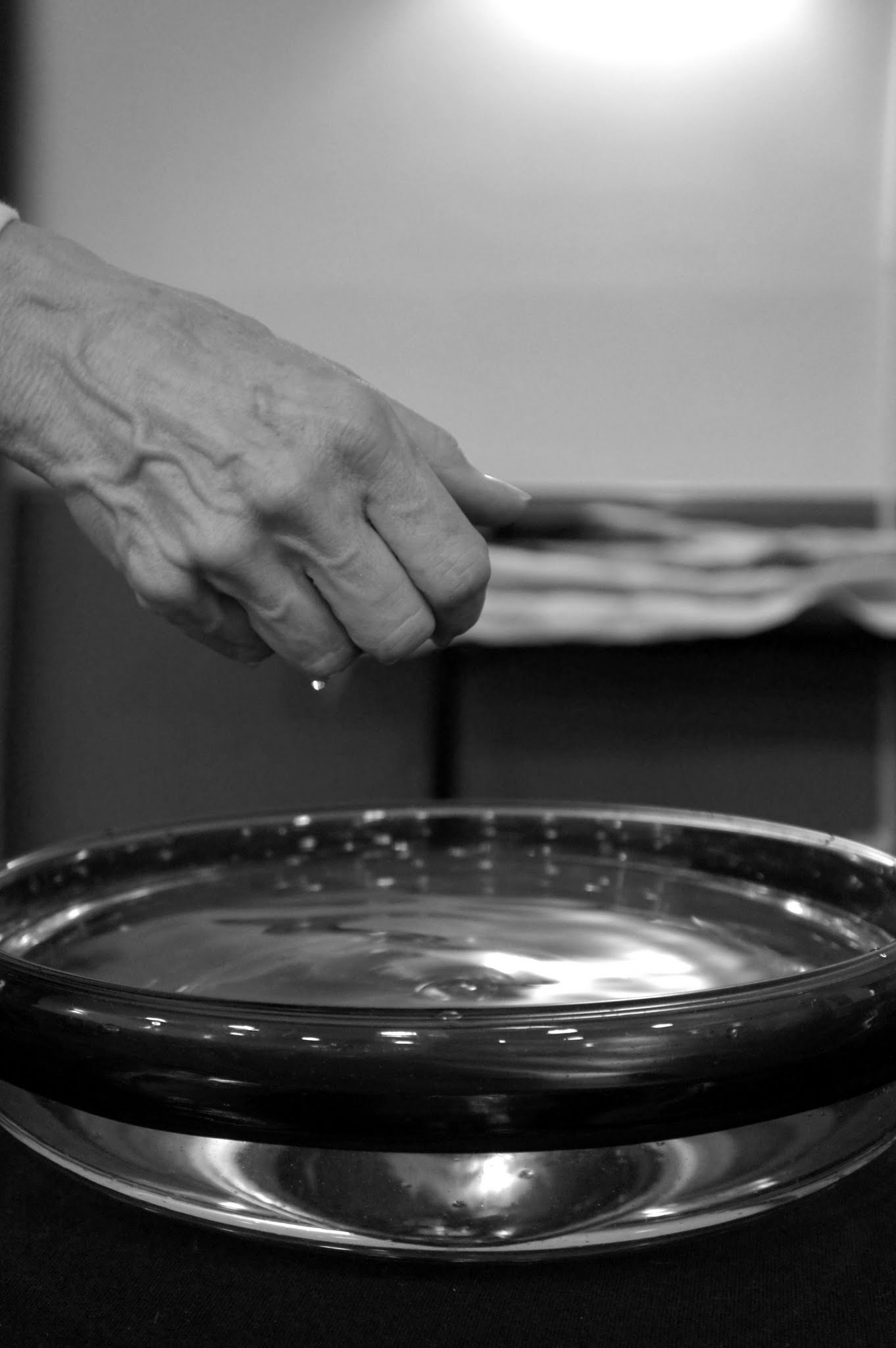Suffocating the Holy Spirit
Jesus was taking to Nicodemus when he said, "The wind blows where it chooses, and you hear the sound of it, but you do not know where it comes from or where it goes. So it is with everyone who is born of the Spirit.’ (John 3:8).
It is not very scientific to talk about Spirits, I get that. However little you believe in actual ethereal Spirits in creation, I find the metaphor helpful. I find that I am often surrounded by a spirit of frustration or the spirit of discomfort. I have seen people ensnared by a spirit of anger while others the spirit of despair. Whatever you want to call it is fine with me, I am comfortable with Spirit language.
In my life I have discovered that there are some Spirits that need you to hold onto them in order to live. For instance, the longer I hold onto my anger the angrier I become. The spirit of anger needs someone to hold it in order to live, because the spirit of anger is too weak to survive on it's own. To be frank, most spirits are too fragile and weak to live on their own, they require a host to live in so to survive (see Mark 5 for a time when spirits desired to live in pigs rather than be with a host).
It is this that makes the Holy Spirit "Holy". It is set apart in this way: the Holy Spirit can live without a host. The Holy Spirit can move and exist like the wind and can be autonomous. It is strong enough to live without and yet gentle enough to live within creation. It is a good thing we can't capture the Holy Spirit that would mean it is too weak to live on it's own.
Of course the irony is that if we attempt to hold on and capture the Holy Spirit, we suffocate it.
Why am I talking with a Seminary Dean?
Not long ago I was able to sit down with Dr. Joretta Marshall the Dean at Brite Divinity School. In the conversation she touches on themes such as:
- Why we should not forgive and forget
- Do we need to forgive God?
- How to forgive without being held hostage to the past
- Why forgiveness is not something we do to achieve a prescribed outcome, regardless of the nobility of the outcome (such as reconciliation)
This is my first attempt at recording and interviewing so you can imagine that the first three minutes are a little slow, but I promise it picks up!
Thank you to Dr. Marshall and I look forward to hearing more from her in the Three Day Academy for Spiritual Formation in February 2017 (register to join with me here)!
Christianity is not about seeking information; but being in formation
Lately I have been engaged in a book by Mike McHargue called, God in the Waves. While reading this book I am reminded that the divide in the world between the Christian and the Scientist is a false distinction. There are more than McHargue who work to talk about religion and science as compatible and those are interesting conversations. What McHargue makes the case for in this book is the approach of an individual to life and that being a person who seeks out information is not necessarily the same person who seeks out being in formation.
The great Abraham Joshua Heschel said that the action purifies the motive. Neuroscientist Dr. Adele Diamond gives this example of what Heschel meant:
He (Heschel) said, “I don't care why you're doing the good deed. Do the good deed.” And the example he gives is a musician may be playing a concert to earn a lot of money. But if when he’s playing the concert he’s concentrating on all of the money he’s going to make, he’s going to play a lousy concert. While he’s playing the concert, he has to be in the moment. He has to be concentrated on the music. And if he’s concentrated on the music, he’ll play well. So he talks about how the act can purify the motive if you really do the act fully.
McHargue speaks of prayer and invites the reader to practice prayer even if you are atheist. This may make little sense to some people but the point that I think that McHargue is making is that we often think that Christianity is the pursuit of information about a particular understanding of God. Thus, if one rejects the Christian information then one rejects Christianity. The problem is that Christianity is not the pursuit of information but the pursuit of being in formation.
Being in formation is taking on practices that mold and shape our heart, brain and spirit. The difference between information and being in formation is that one does not have be believe in order to be in formation. This is the hope that I want my Christian sisters and brothers to understand - belief is not the essential matter to be a disciple of Christ because Practice purifies the motive. We are called to follow Christ, we are called to be in formation; not to seek the right information.

Be the change by Jason Valendy is licensed under a Creative Commons Attribution-NonCommercial-ShareAlike 3.0 Unported License.















